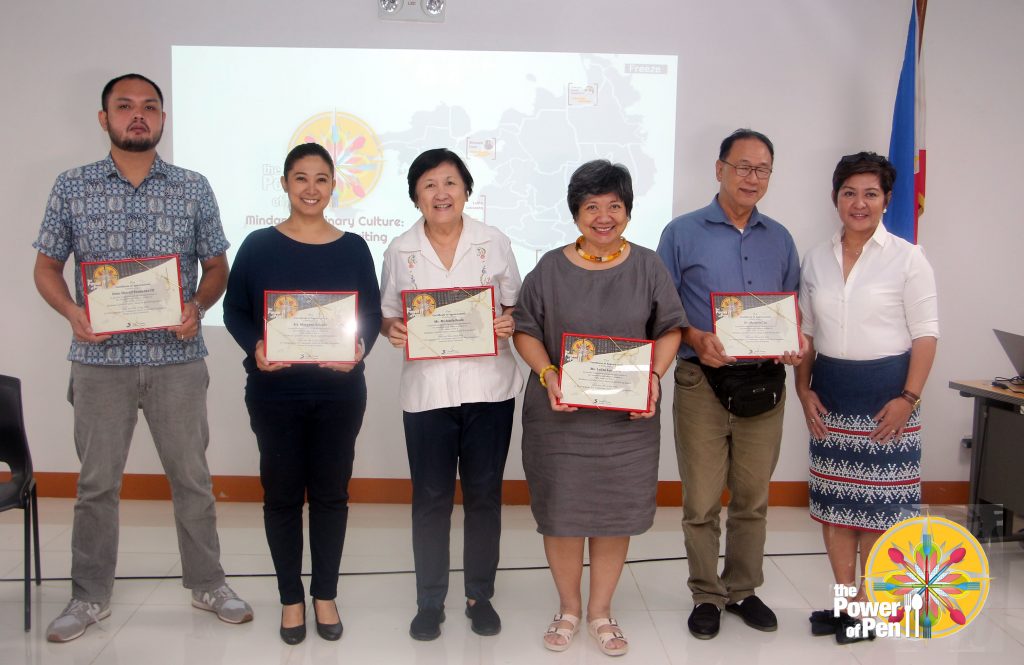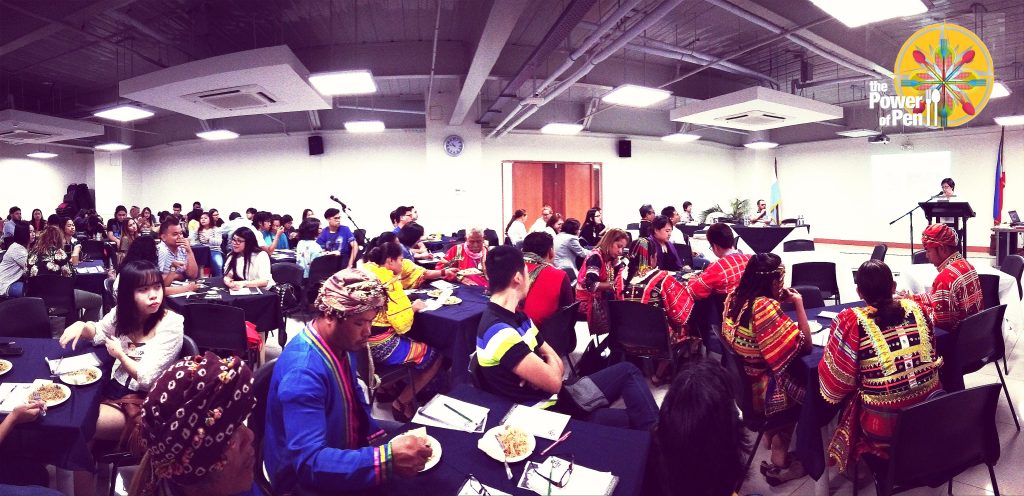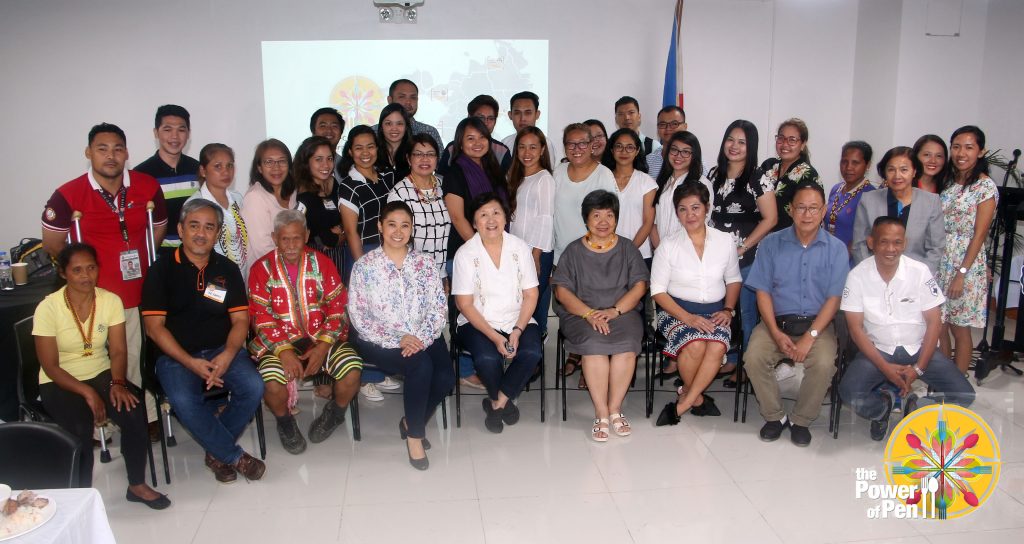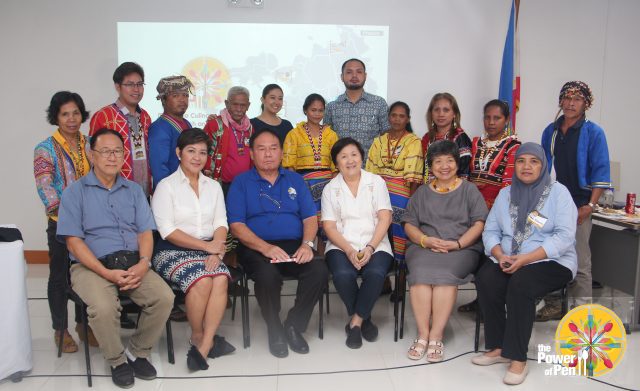In Filipino culture, food is beyond fulfilling hunger — it also plays a vital role in creating unity among people. Mindanao, as a culturally diverse island with 11 tribes, introduced its various cuisines during the Pen 8, Mindanao Culinary Culture: Research and Writing Basics conducted in Ateneo de Davao University last May 19, 2018.
Profound speakers were invited to instill the importance of research, especially in food writing. Ms. Lolita Cuesta highlighted the significance of socio-cultural history and how tradition is being passed down to younger generations. Gathered data from the past, particularly in regional cuisines, was discussed by Ms. Michaela Foenix. According to her, how people eat their food tells us about their culture. There are stories beyond food that makes it more special than its physiological need.

Moreover, Dr. Macario Tiu presented the different cuisines and stories of the recipes from his book, The 10 tribes of Mindanao while Chief Datu Pendatun III introduced Muslim Mindanao’s cuisines during his immersion in different cultures. On the other hand, Ms. Margaux Salcedo, food writer of Inquirer shared how she became a food writer and how her experiences taught her to become a better writer.
The event was commemorated through an IFTAR, Muslim’s tradition of eating dinner together during a Ramadan. Cuisines from Maguindanao and Tausug were served. Respectively, foods from the different tribes were also served during the event.

The seminar did not only teach about the technicalities of writing but more importantly, the essence of how food affects a diverse culture especially in Mindanao. Martial law is still ongoing in Mindanao, displacements and insurgencies have compromised peace and order. But through the context of developing food among Christians, Lumads, and Muslims, understanding culture radiate when there is food. Peculiarities about the food bring discussion until it reaches on how it is being molded by culture.

Power of Pen happens every 2 years to nurture writers who would like to venture food industry and to feature Philippine cuisines from simple citizens. This year’s cultural conversation pertaining to Mindanao cuisines is focused on technicalities of writing and how substantial are research, cultural responsibilities, and ethical writing in the food industry.








